The Outsiders | interview | Ronnie Splinter
Ronnie Splinter was a key member of The Outsiders, a band that emerged from Amsterdam East in the 1960s.
With influences ranging from Buddy Holly to The Rolling Stones, Splinter’s musical journey reflected a fusion of rock ‘n’ roll and experimentation. Alongside Wally Tax, he navigated the challenges of fame, facing both acclaim and controversy. Despite the band’s eventual disbandment in 1969, Splinter’s musical legacy continued through various projects and reunions, showcasing his enduring passion for music. Today, his contributions stand as a testament to the vibrant and tumultuous era of Dutch rock history.
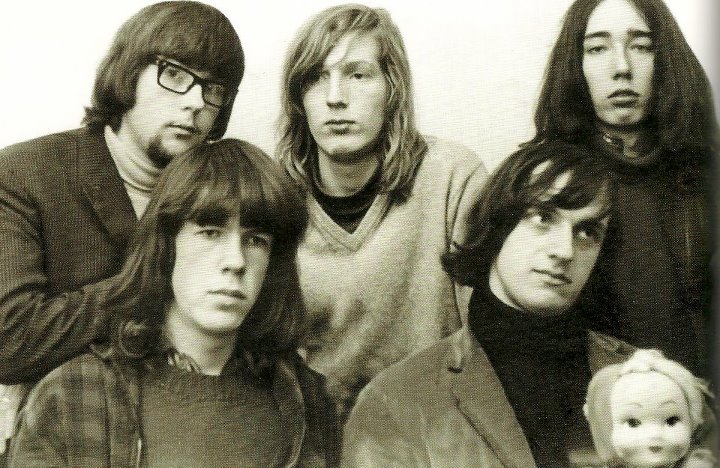
“We were on the road every day”
I would like to talk about your childhood and teen years. What were some of the influences you had as a young kid? You were not so into the Beatles, but more into the Stones and Pretty Things, right?
Ronnie Splinter: When I met Wally Tax at school, we were both fans of Buddy Holly and Chuck Berry. I also bought records of The Ventures and The Shadows. Later, when we started to play with The Outsiders, we did covers of The Kinks, Rolling Stones, Pretty Things, and also some Beatles. But I preferred The Rolling Stones. You know, just the famous bands. And while playing these covers, I learned a lot about the structure and chord progressions of the songs.
Were you or others in any bands before forming The Outsiders? Any releases with that, perhaps?
Before forming The Outsiders with Wally Tax, I had an electric guitar but had no band. I remember it was an Italian blue sparkled guitar called “Welson”. Appie and Leen were in a band before The Outsiders.
When and how did you guys come together to form The Outsiders? I really like the name of the band. You were definitely outsiders back then in your country.
In the beginning, Wally Tax had some friends in his neighborhood. When I met them, we started to rehearse in the attic of our singer, Leendert Groenhoff. It was very cold over there, but we did not feel the cold because we were in the heat of playing Buddy Holly songs. It was a great experience for me to play in a band for the first time. Wally and I played guitar, and there was also a bass guitar player in the band called Pietje Sanstra. There was no drummer in the band. Pietje Sanstra left the band soon because his parents thought the band had a bad influence. So we were looking for a new bass guitar player and a drummer. We placed an advert on the window of a music instrument store. Some guys came, and the best were Appie Rammers and Leen Busch. We took them into the band, and they were great. After some trouble with the singer Leendert Groenhoff, we decided to remove him from the band. Wally Tax became our new singer, and I also sung some songs.
Do you perhaps remember some of the early sessions you had?
In the meantime, we already had a reputation in Amsterdam East. We were asked to play in the nightclub “Las Vegas”. We played and were thrown out of the nightclub because we were playing too bad. We decided to improve our music technically and tried again to play at “Las Vegas”. It was a big success! We played there for about 9 months. The owner of the nightclub did not want us to leave to play somewhere else and threatened us with a sledgehammer. After reasoning with him (that was my job), we were allowed to leave the nightclub. We had a big name at that moment in Amsterdam.
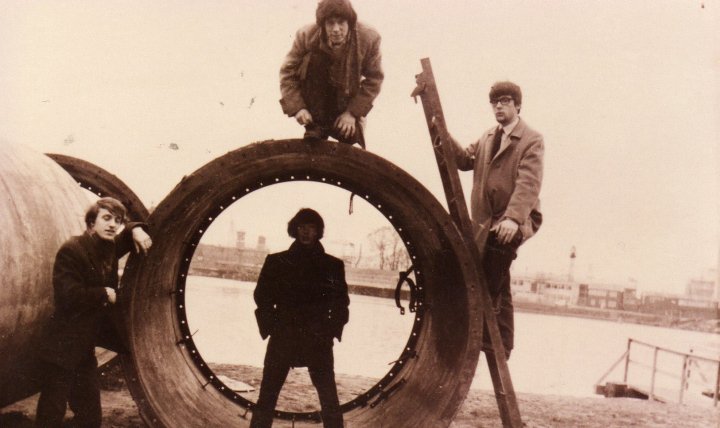
You released many 45’s singles starting with ‘You Mistreat Me’ / ‘Sun’s Going Down’ back in 1965. In 1967, you released your first LP on Relax Records. The album was recorded at a concert. What can you remember from it? What can you tell about the cover artwork?
The album ‘Outsiders’ was recorded live on one side and in the studio on the other. We did a special gig in Breda for the live recordings, and it was great. The audience reacted the same as on our other gigs: a lot of screaming, noise, throwing beer, trouble, and fun.
The photo on the front of the album was taken in the old harbor of Amsterdam. We had to climb into a crate and were craned as high as possible to be thrown into the water at the end of the photoshoot. At the same time, there was also a film session for a documentary about the Amsterdam harbor by a famous Dutch film director. The film was screened in cinemas in the Netherlands. Unfortunately, the film is lost later. The backside of the album is a collage of newspaper and magazine articles and photographs. It was done by the director of our record company Relax, Willem Duys, who was also a famous TV and radio personality.
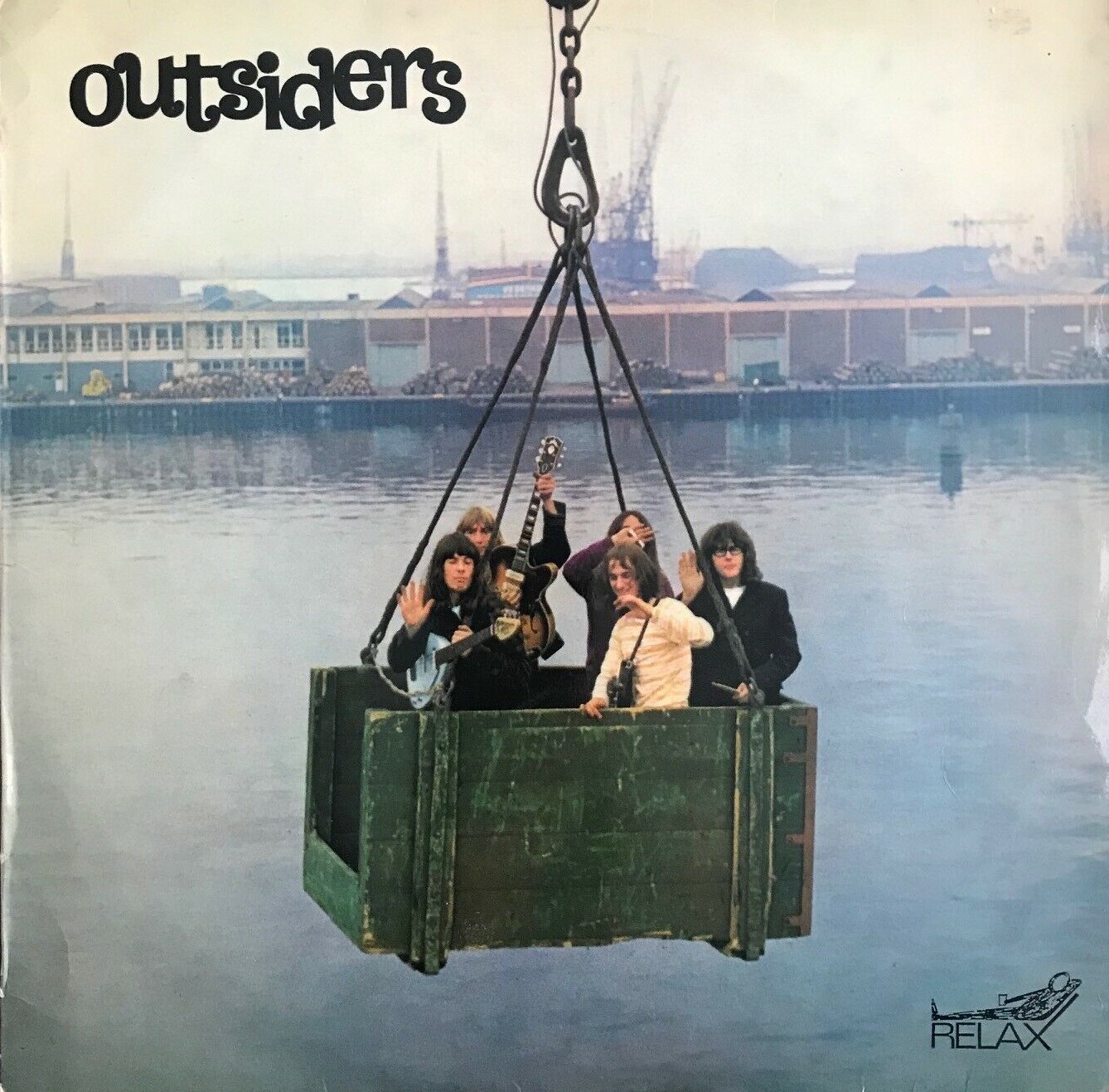
In 1968, you released the legendary ‘CQ’ album.
Polydor was our new record company, and we had the freedom to make a new album in 2 weeks. We did not want our manager in the studio anymore because we wanted to produce the album without a time-consuming producer, just us with Erik Bakker the sound engineer. No other people were allowed in the GTB studio. Some songs were ready, and some songs were just sketches to be worked out in the studio. At the beginning of the recording process, we had no idea what kind of album we were going to make. After recording and rejecting some songs, we had a glimpse of an idea where we were heading. There was no concept or subject, but somehow the songs became connected to each other. We did not use alcohol or drugs; we were all clean and concentrating on the sound because the sound became a very important part of the album. We all had an equal part in songwriting, which was also new for us. On the records before, Wally wrote the lyrics, and I wrote the music. But now, Frank Beek and I wrote the music and chord progression, Leen Busch wrote the drum and percussion parts, and Wally wrote the lyrics. We listened to each other’s ideas and worked them out immediately. Erik Bakker, the sound engineer, did a lot of sound effects on the record table. When we had finished recording the album, we celebrated outside the studio on the street with a bottle of cognac.

Anton van der Gulik was a friend of Wally Tax and Leen Busch; he was an artist and came from the Amsterdam art scene. They asked him to make the artwork for ‘CQ.’ Wim Davids made the photographs of our heads and IBM computer tape units in the background. I thought it was a stupid idea that you could not find the name of The Outsiders on the cover artwork, but the band decided that it was no big deal and not important.
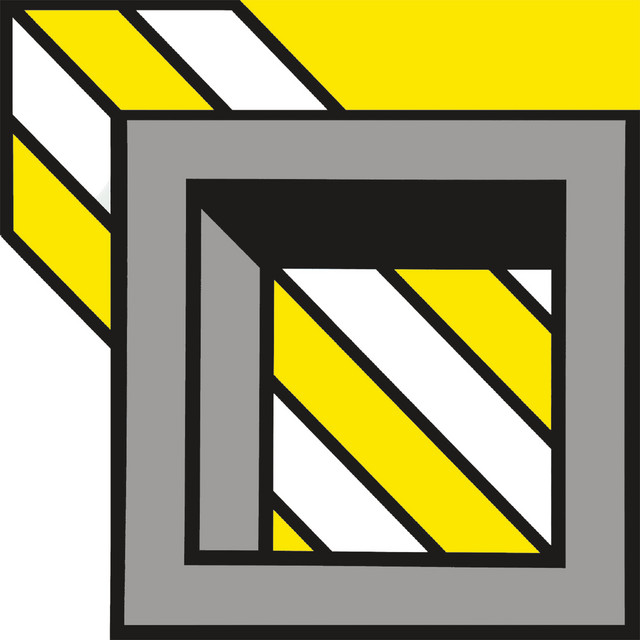
How about some concert/touring experience. Would you like to share some interesting stories that happened to you?
We were on the road every day. We rehearsed 3 times a week in the morning from about 08:00 till 11:00 o’clock. In the afternoon, interviews, photo shoots, studio, openings, radio, TV, etc. In the late afternoon and evening, we traveled by our Volkswagen (later Ford Transit) bus to the gigs and played there till the night and back home if there were no bad jokes. In the beginning, there was a lot of talking and joking on the bus, but later, it went more serious. I hated traveling and thought it was a waste of time. Every gig was an adventure; often, something went wrong. Fighting in the audience between drunken people was bad. Most of the time, it was great, and it was fun.
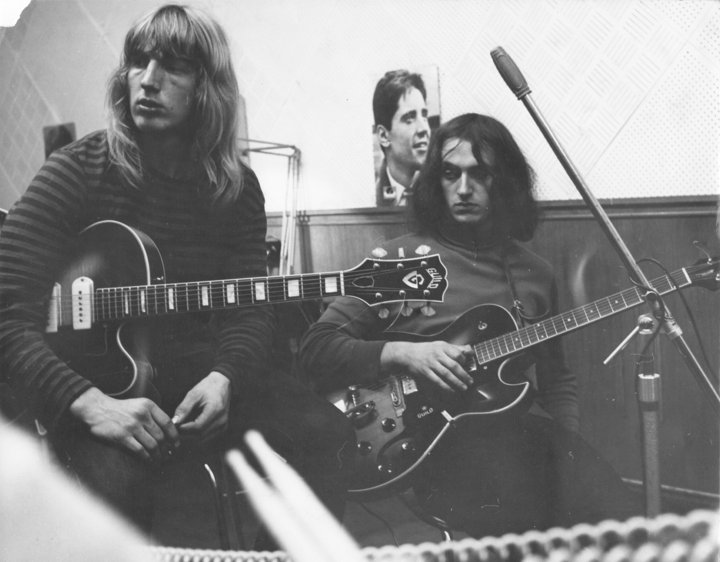
Any particular story you want to share?
We were on TV on a nationally popular show with our hit “Monkey On Your Back,” and there was also a fishermen choir from the place Urk in the studio. They made all kinds of remarks about our long hair and asked if we were girls and if we wanted money for a haircut. A day later, Wally Tax did an interview for a magazine and newspaper and told the journalists that the choir was scum. A couple of days later, we had to play at Urk, and the whole village came out to take revenge, and indeed, we had a lot of trouble. But they did not scare us off; we just started playing like nothing happened. Hey, we come from Amsterdam East! Sometimes we had to take a microphone stand to keep them from our backs.
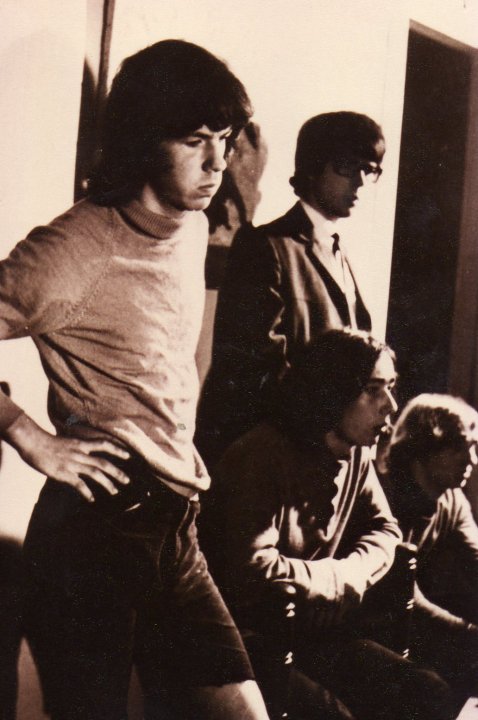
One day we had to play on a market square in Gorinchem with thousands of people. The mayor was a notorious right-wing man called “Ridder van Rappart”. He did not like young people with long hair, and we were not allowed to play in his city. But we had a contract with the organization and had to play. It went wrong, of course. While we were playing, the power went down a couple of times, and the people thought we did it on purpose. They started shouting, and some guys wanted to climb the stage to give us some punches. We had to run to the city hall and barricade the door. Unfortunately, our roadie was still outside and was beaten down by the stampeding mass, and he had a crack in his skull. We took him inside and waited for an ambulance and went home much later. After a week, our roadie had recovered and was driving the bus again.
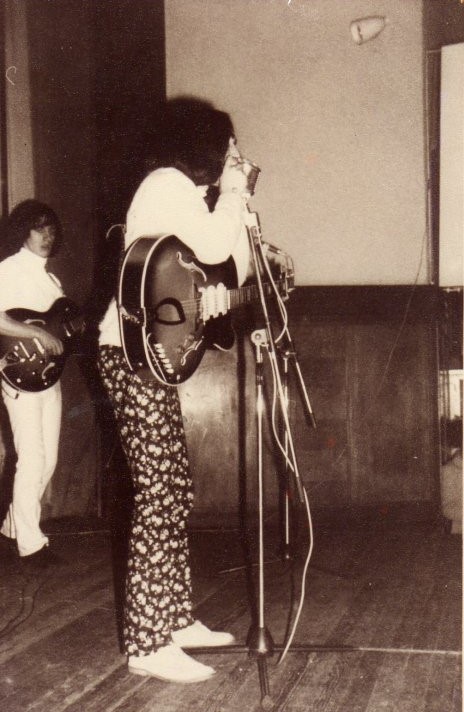
I can tell you a lot more, maybe later. It was not only just violence, but there was also a lot of fun.
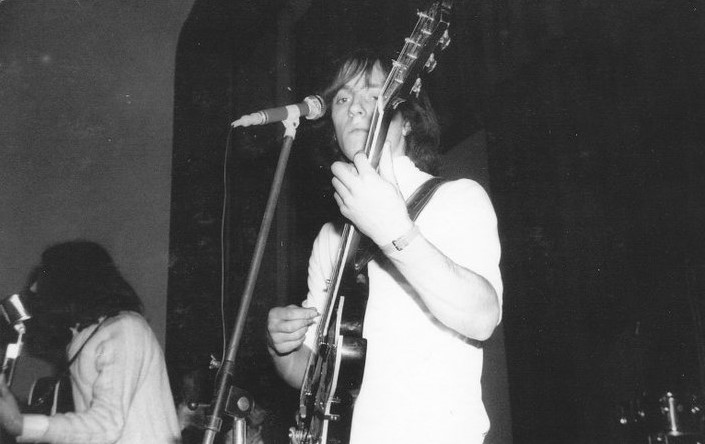
Did you play at any festivals?
We played at a lot of festivals. For example, Den Bosch in 1966 with The Rolling Stones, Paris, Olympia with Little Richard and The Moody Blues, Amsterdam, Paradiso with Pink Floyd, and a lot more festivals.
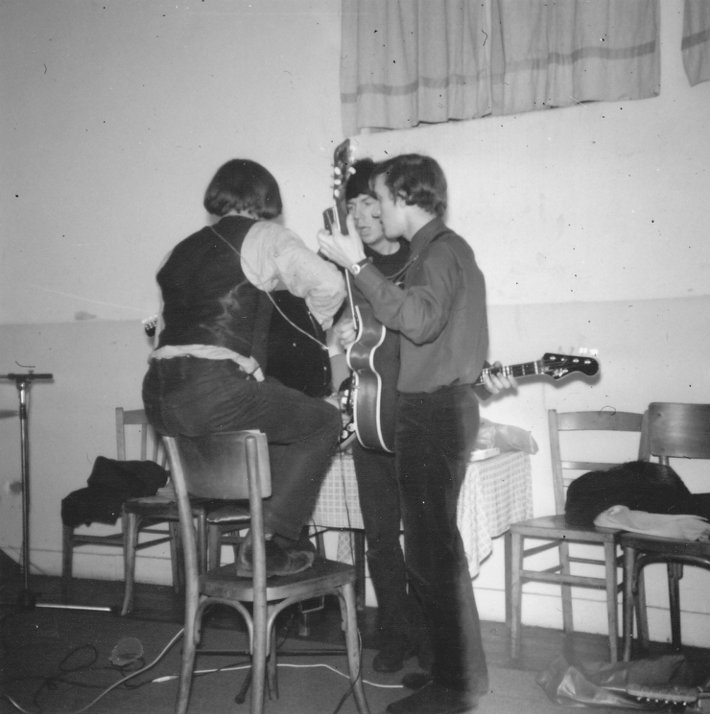
What happened next? Why did you disband?
1969 was a bad and dark year for me. I had some mental trouble. ‘CQ’ was not well received by our fans; they wanted only to hear the hits. So what to do next? I felt burned out and wanted a fresh start with my family. When I waited one day for the traffic light until the light went green, I decided to quit and told the boys in the band. I left, and the band fell apart. In an interview, Wally told that without the motor, the band could not exist.
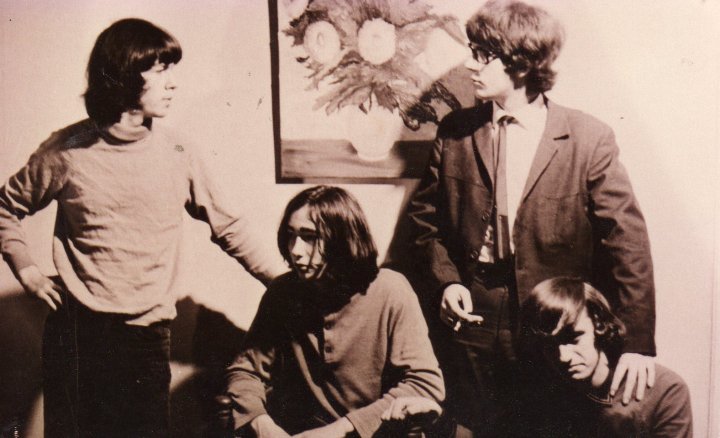
Wally formed Tax Free band, and I would love if you could share some information about it…
Wally asked me to try playing with Tax Free, but I did not like the music. I tried one time to rehearse with Tax Free. It was too soft, and it gave me a miserable feeling. I saw Jody Purpora sitting on the floor playing his guitar, singing about misery and broken love. It was too much. My ego was too small, and I left and did not touch my guitar for about 20 years.

In 1997, you had a reunion. How do you remember that?
It was Appie’s 50th birthday, and Leen wanted me to come. So we went to Appie’s farmhouse in Friesland. That day had a very nice atmosphere, and everybody was happy. Leen and Appie wanted me to play some Outsiders songs. I told them I did not play anymore. They kept asking me to play, and after a couple of beers after midnight, I decided okay, let’s do it. I played the songs without any problems, and Appie and Leen were crying, and all the people had a good time. Leen had a plan for a reunion tour, and we started to rehearse with the three of us. We had to ask Wally to sing with us again, and he refused. He wanted a bank guarantee of 300.000 guilders. I told him that was not realistic because there was no money at all; we had to earn it with playing. He decided to join us for four months. Mojo bookings were booking the tour, and after some rehearsal, we were on the road again, and it was a success. There was, of course, trouble again. Appie was put out of the band by Wally. After four months, we stopped just in time because Wally started drinking again and using dope. We had a great time.
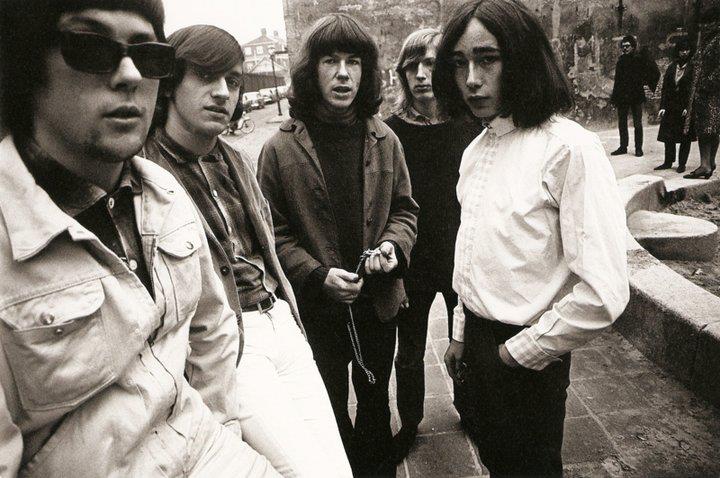
What were you doing after The Outsiders, and what are you doing these days?
After The Outsiders, I did a psycho-technical test for a computer operator and went working for the newspaper “Het Vrije Volk”. I was in the IT business from that time. After the reunion tour, I started the band Ron & the Splinters. We made a CD, and it was well received; we played a couple of years. I also played with The Outsiders with a new singer, and we did some festivals and the usual gigs. I started another band called “The Dam”. I wrote songs together with the singer, and the CD called “Beautiful Trash” was also well received by the music magazines. I quit the band in 2006; “The Dam” does not exist anymore. In March, I played in Italy with an Italian band called “The Rookies”. Of course, songs of The Outsiders, and it was a great success. In November this year, I am going back to Italy for a tour with them. Next month, I play with the “Cynics” a couple of Outsiders songs in Utrecht Netherlands.
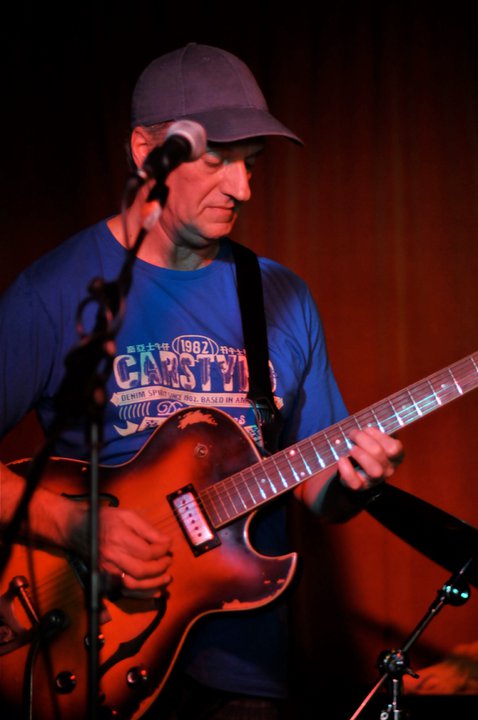
I would like to thank you for your time and effort. Would you like to add something else?
It was nice to do this interview. I realize it is a privilege to be a small part of the history of music, and that makes me a happy man. Thank you.
Klemen Breznikar
Headline photo: The Outsiders | Promotional photo
All photo materials are copyrighted by their respective copyright owners, and are subject to use for INFORMATIONAL PURPOSES ONLY!

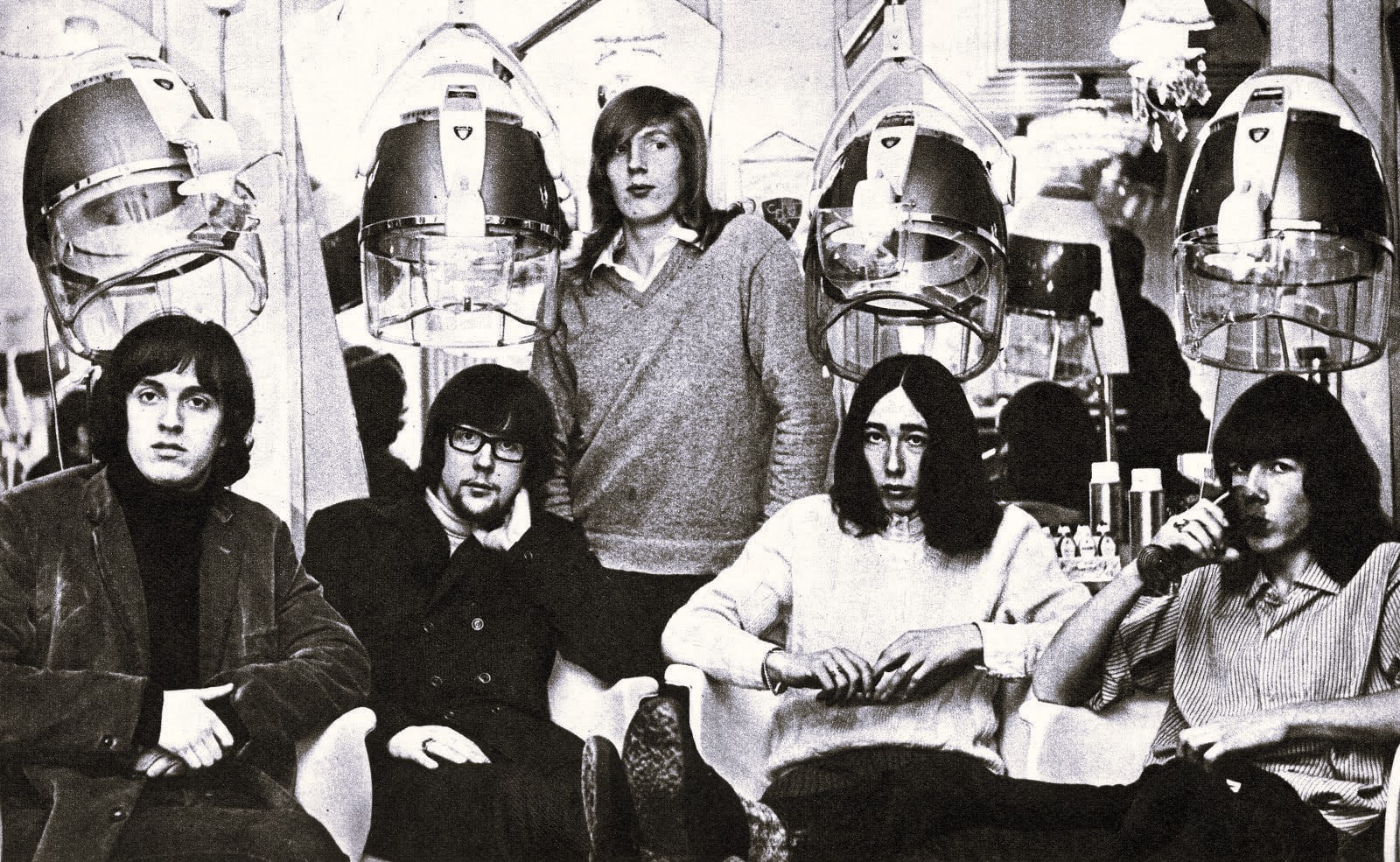
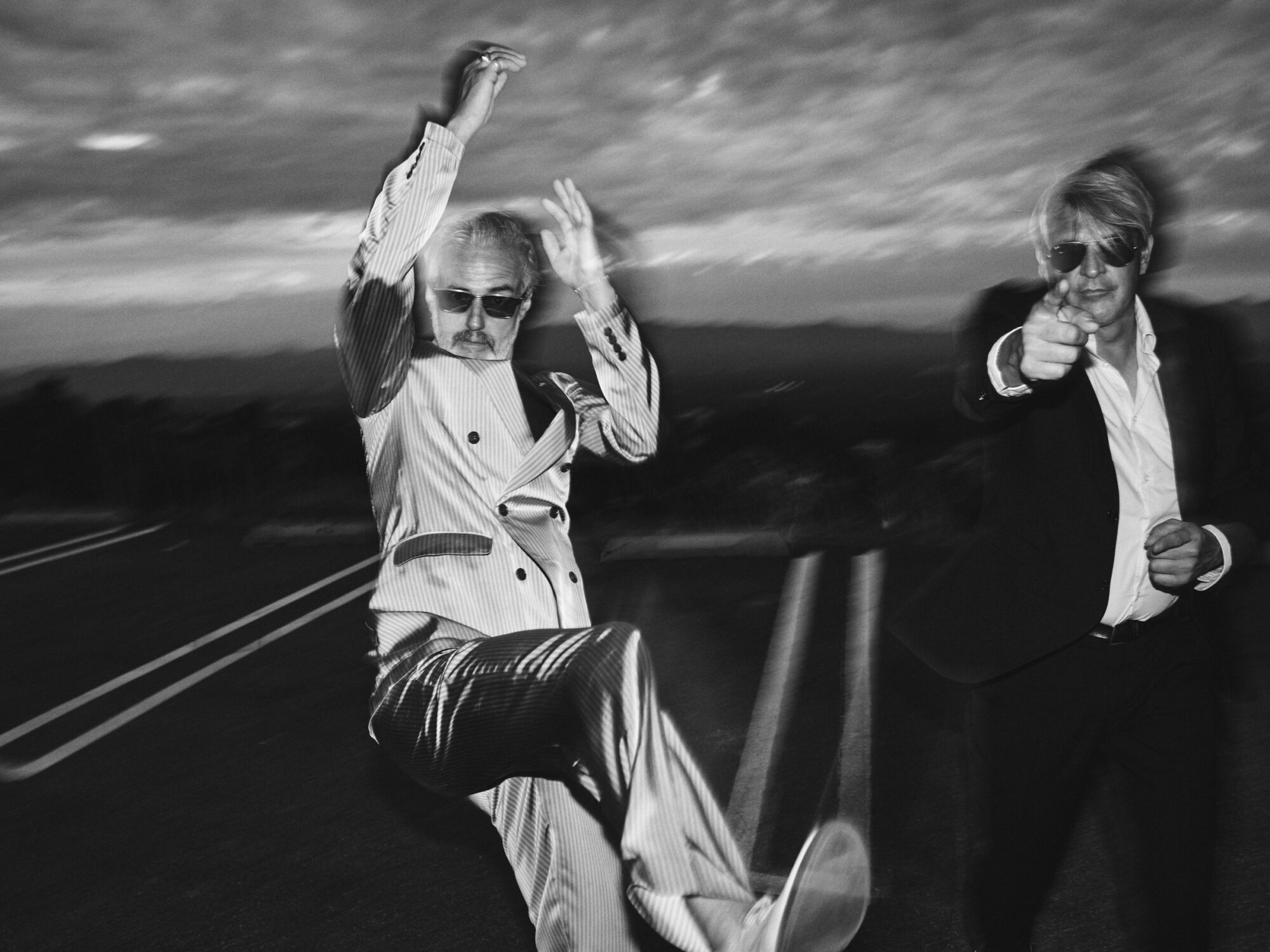
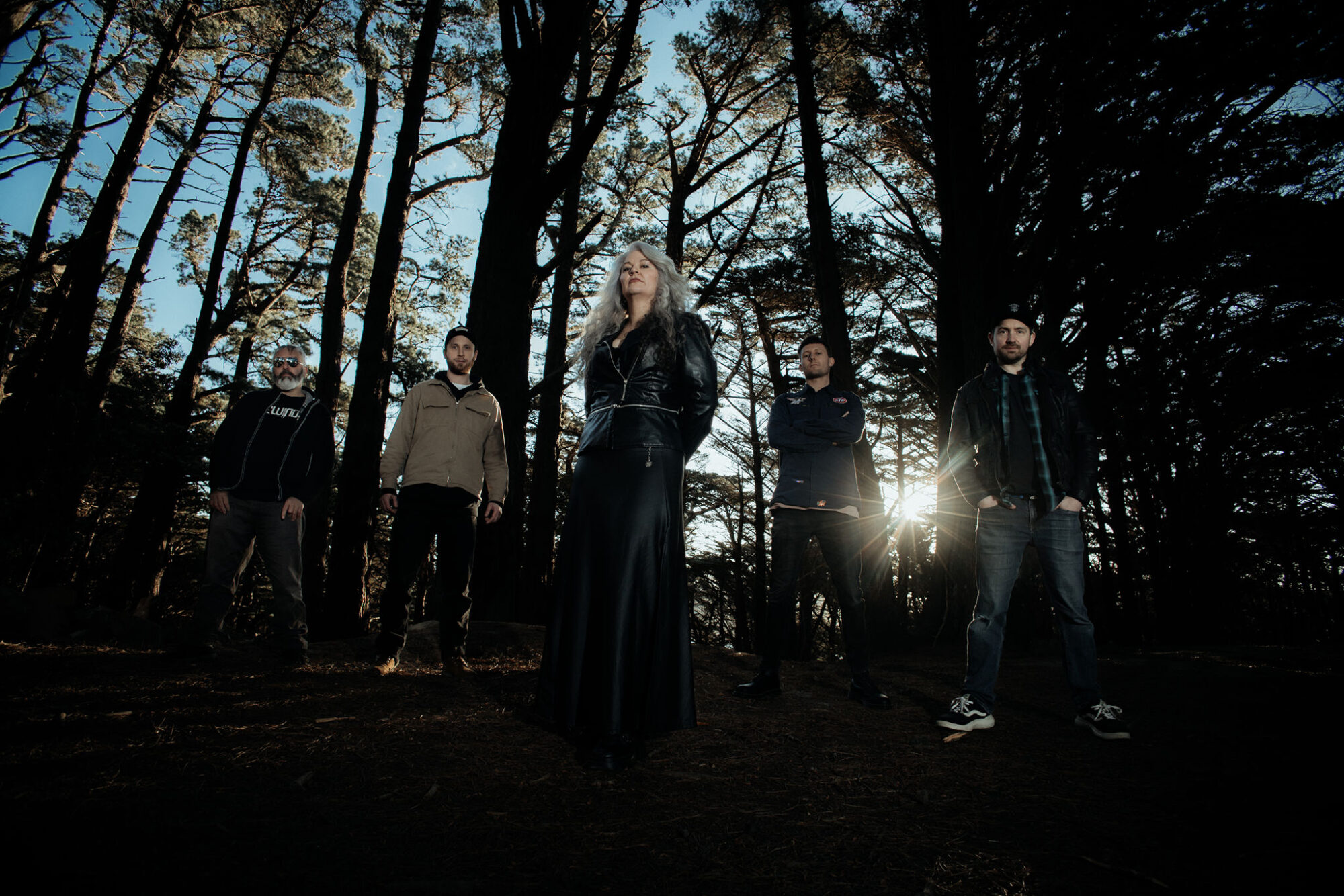
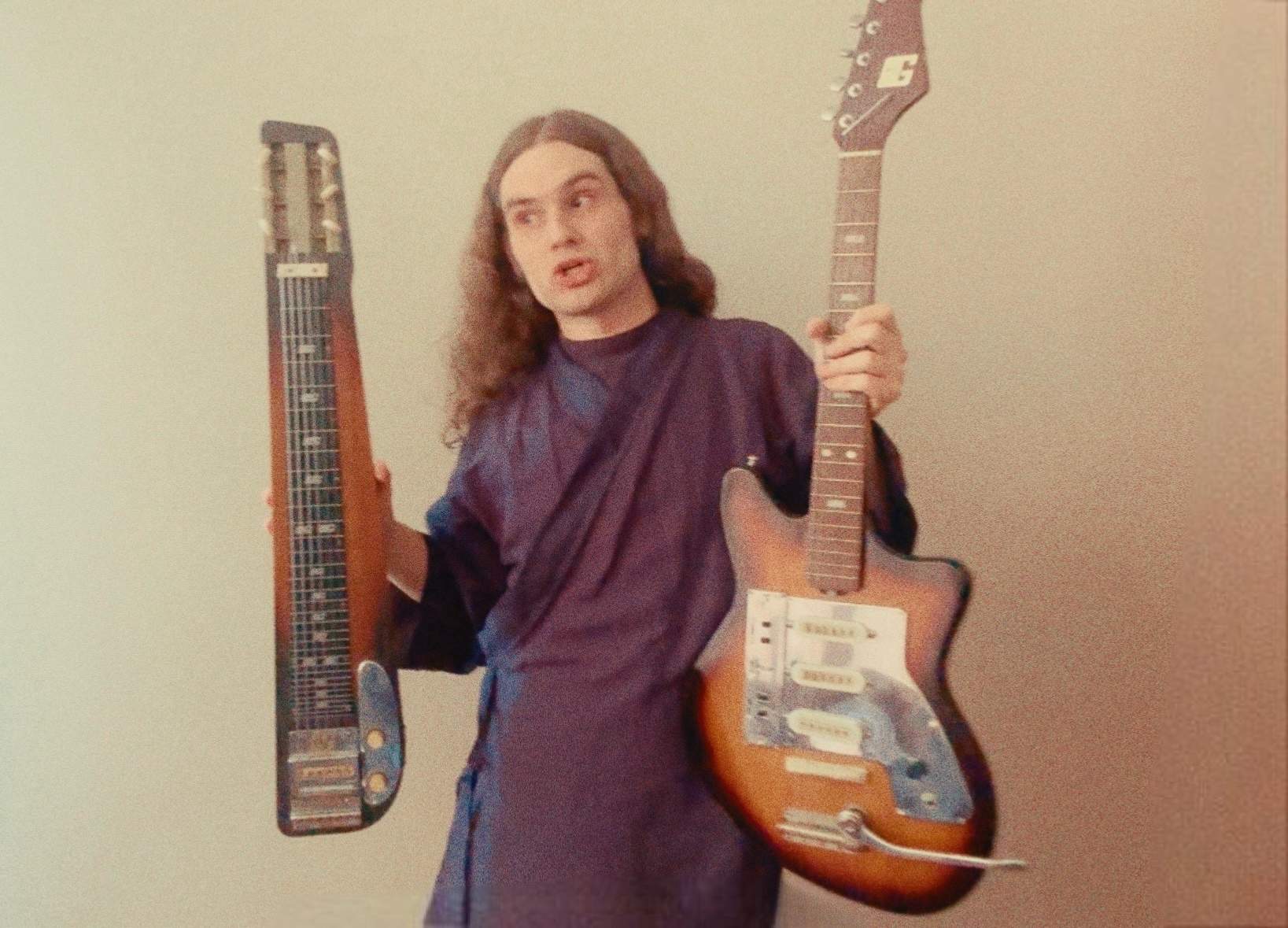
thank you for the great Ronnie Splinter interview – of course he will be sadly missed…
great Ronnie Splinter interview, thanks for sharing…RIP Ronnie you will be sadly missed but your music lives on…